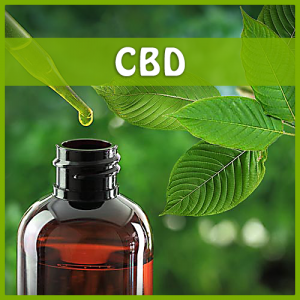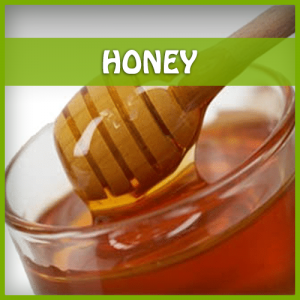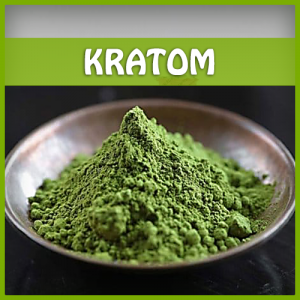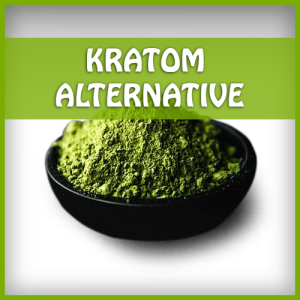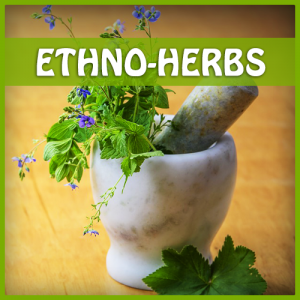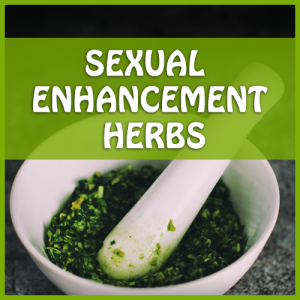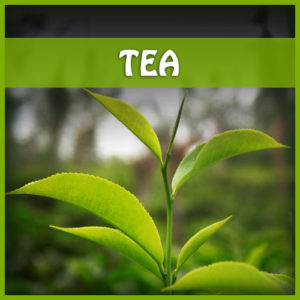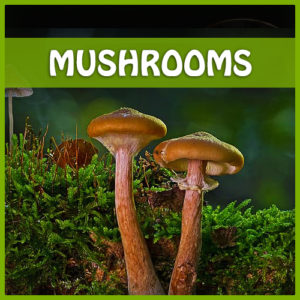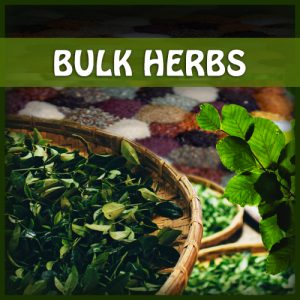Updates
Herbal Remedies for Common Summer Ailments
Summer brings along with it plenty of sunshine, outdoor activities, and a vibrant atmosphere. However, it also brings certain health challenges that are unique to this season. Common summer ailments such as heat rashes, heat exhaustion, dehydration, and digestive problems can put a damper on the summer fun. Thankfully, nature has provided us with a bounty of herbs that can help alleviate these issues and keep us feeling healthy and refreshed. In this article, we will explore some herbal remedies for these common summer ailments.
Heat Rashes:
Heat rashes, also known as prickly heat, occur when sweat glands become clogged, leading to red, itchy bumps on the skin. Aloe vera is a natural remedy that can provide relief for heat rashes. Its cooling and anti-inflammatory properties help soothe the skin and reduce itching. Apply fresh aloe vera gel directly to the affected area for quick relief.
Calendula is another herb that can be beneficial for heat rashes due to its anti- inflammatory and healing properties. You can make a soothing compress by steeping dried calendula flowers in hot water and applying the cooled liquid to the affected area.
Heat Exhaustion:
Heat exhaustion is a condition that occurs when the body overheats due to prolonged exposure to high temperatures and inadequate fluid intake. To combat heat exhaustion,
consider using herbs such as peppermint and lemon balm. Peppermint has a cooling effect on the body and can help reduce body temperature. Prepare a refreshing iced tea by steeping peppermint leaves in boiling water, then chilling it in the refrigerator. Lemon balm is known for its calming properties and can help alleviate the symptoms of heat exhaustion. Brew lemon balm tea and sip it throughout the day to stay hydrated and cool.
Dehydration:
Dehydration is a common concern during the summer months when excessive sweating can lead to fluid loss. To replenish lost fluids and maintain hydration, certain herbs can be beneficial. One such herb is hibiscus, which is rich in antioxidants and electrolytes. Brew hibiscus tea and add a touch of honey and a squeeze of lemon for a refreshing and hydrating drink. Another herb to consider is nettle. Nettle tea is a natural diuretic and can help flush out toxins while providing essential nutrients. Drink nettle tea in moderation to stay hydrated and support overall well-being.
Digestive Problems:
Summer gatherings often involve indulging in barbecues, picnics, and rich, heavy foods, which can lead to digestive issues. To promote healthy digestion and soothe an upset stomach, turn to herbs like ginger and chamomile. Ginger has long been used as a natural remedy for indigestion and nausea. Sip on ginger tea or chew on a piece of fresh ginger to ease digestive discomfort. Chamomile is known for its calming and anti- inflammatory properties, making it an excellent choice for soothing an upset stomach.
Prepare a cup of chamomile tea after meals to aid digestion and promote relaxation.
Harness the Power of Herbs
Harnessing the power of herbs can provide relief from common summer ailments such as heat rashes, heat exhaustion, dehydration, and digestive problems. Aloe vera, calendula, peppermint, lemon balm, hibiscus, nettle, ginger, and chamomile are just a few of the many herbs that can help alleviate these issues and keep you feeling cool, hydrated, and healthy during the summer season. Embrace the healing properties of nature and enjoy a summer filled with vitality and well-being. Remember to stay hydrated, practice sun safety, and listen to your body’s signals. By incorporating these herbal remedies into your summer routine, you can ensure a more enjoyable and comfortable season.
However, it’s important to note that herbal remedies are not a substitute for professional medical advice. If you experience severe symptoms or persistent discomfort, it’s crucial to seek medical attention. Additionally, some herbs may interact with certain medications or have contraindications for specific health conditions. Consult with a healthcare professional or herbalist before incorporating any new herbs into your regimen, especially if you have pre-existing medical conditions or are taking medications.
Adopt a Healthy Lifestyle
In addition to herbal remedies, adopting healthy lifestyle practices can contribute to overall well-being during the summer months. Stay hydrated by drinking plenty of water and consuming hydrating fruits and vegetables. Protect yourself from excessive sun exposure by wearing sunscreen, lightweight clothing, and a hat. Take breaks in shaded areas or air-conditioned spaces to prevent overheating. Prioritize a balanced diet rich in fresh produce, whole grains, and lean proteins to support your body’s nutritional needs.
Furthermore, practicing mindfulness and stress reduction techniques can help promote a sense of calm and relaxation. Engage in activities such as deep breathing exercises to manage stress levels and enhance your overall well-being.
Remember that prevention is key when it comes to summer ailments. Take proactive measures to avoid heat-related issues by staying cool, seeking shade during peak sun hours, and avoiding strenuous activities in extreme heat. Stay vigilant about maintaining proper hydration levels by drinking water throughout the day, especially when engaging in outdoor activities or exercise.
Conclusion
In conclusion, herbal remedies can provide a natural and effective way to address common summer ailments such as heat rashes, heat exhaustion, dehydration, and digestive problems. Aloe vera, calendula, peppermint, lemon balm, hibiscus, nettle, ginger, and chamomile are just a few examples of herbs that can offer relief and support during the summer season. Embrace the healing power of nature while maintaining a healthy lifestyle, and make the most of the summer by staying cool, hydrated, and enjoying the beauty of the season.









